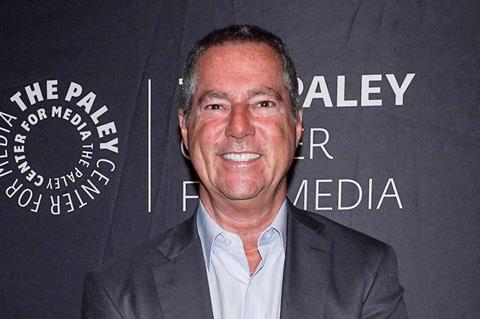One of the firms to have struck a deal with US president Donald Trump to see off an executive order has been warned it may have violated multiple laws.
In a letter to Paul, Weiss managing partner Brad Karp, the 16 Democratic members of Congress said they were sympathetic to the situation the firm found itself in but that the deal should be disavowed.
The firm negotiated a $40m offer of pro bono support for government projects and to drop diversity policies in return for a White House executive order being dropped. Karp said the firm faced an ‘existential crisis’ if it was barred from government buildings and federal contracts, and accused other firms of seeking to exploit the situation by trying to steal its clients and recruit its lawyers.

Read more
The House of Representatives members’ letter said the agreement with Trump was unenforceable under contract law and could potentially expose Paul, Weiss to civil and criminal liability under state and federal law.
It also warned that this type of deal would have ‘enormous negative impacts’ on the legal system and create ‘potentially irresolvable violations’ of professional conduct rules on conflicts of interest and limiting an attorney’s future practice of law.
The letter added: ‘By entering into an agreement that appears to be in response to the threat of illegal economic coercion against your firm from the Trump administration, your firm is not simply agreeing to provide certain pro bono services or end certain personnel hiring and retention practices.
‘Agreements of this kind also signal acquiescence to an abuse of federal power, raising serious questions about how or whether your firm would represent clients or take on matters that might be seen as antagonistic to President Trump or his agenda.’
Three of the other executive orders, targeting Perkins Coie, Jenner & Block and Wilmerhale, have been subject to initially successful challenges in the court.
The letter set out nine questions for Karp and his firm to answer within 14 days, including the motivations for entering into the agreement, details of the meeting with President Trump in the Oval Office and the arrangements for providing pro bono services.
The letter finished: ‘Many of the signatories to this letter are lawyers, and several of us have worked at major law firms. We have deep respect for the long tradition that your firm carries, and we urge you to reconsider your decision – one which we can sympathise with but which we think is a clear mistake – to seemingly capitulate to clear abuse of the law by the Trump administration.’






























